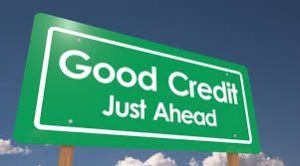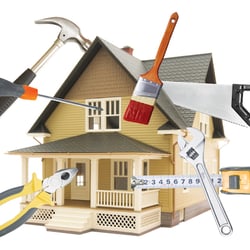
You may have noticed that there are many different terms for those of us who work in the mortgage industry besides “broker”.
Mortgage: specialist, expert, advisor, associate, officer, etc. I just want to clear up some potential confusion with all these monikers.
There are 2 main categories that these fall in to. Those that work for a bank to sell mortgage products available from that bank.
The other is for those like myself that work within a mortgage brokerage that has no direct affiliation with any one bank.
Each mortgage brokerage has agreements in place with multiple banks and mortgage lenders to be able to submit mortgage applications for consideration.
There are of course obvious differences between these but some may not be quite so apparent.
Mortgage Brokerage
All those working in the mortgage brokerage industry must be licensed by a provincial government agency, in Saskatchewan it’s called the Financial & Consumer Affairs Authority (FCAA).
While every province has their own set of guidelines, there are 3 different types of licenses offered by FCAA: mortgage associate, mortgage broker & principal broker.
The mortgage associate and broker are very similar as both advertise themselves to obtain clientele, work directly with the clients, mortgage lenders, mortgage insurers, realtors and lawyers in the service of their clients. The key difference is that an associate must work under a supervising mortgage broker to ensure they remain in compliance with FCAA regulations.
Each mortgage brokerage will have a principal broker (aka: broker of record) that oversees the operations of the brokerage as well as all the associates and brokers within the brokerage.
Most all those working in the mortgage broker industry are commission based. Our income is derived from the mortgage lenders that we submit mortgage applications to.
In order to apply for a license as a mortgage associate, applicants must complete an approved mortgage associate education course and provide a current criminal record check along with the required application documents.
Application for a license as a mortgage broker are the same as for an associate with the addition of a previous experience requirement.
The applicant must have been licensed as a mortgage associate for at least 24 of the previous 36 months.
In addition to annual applications for renewal, licensees must also:
Purchase and remain in good standing with professional errors and omissions insurance
Complete FCAA approved annual continuing education courses
Provide FCAA auditors access to mortgage files for review whenever requested
Advise FCAA of any changes to brokerage or contact information
Immediately advise FCAA of any offences under the criminal code (other that traffic offenses)
Bank Branch Mortgage
Those that work in mortgage lending for a bank are normally paid by the hour or are salaried and may have a performance bonus structure.
Entry level positions do not require any education beyond high school. Training is provided on the job by the employer with supervision by the branch manager and more experienced staff.
There are no licensing requirements by any provincial or federal governing body and errors and omissions insurance is not required.
Many banks have mobile mortgage staff that may or may not conduct business within the branch and are often paid on a commission basis rather than hourly or salary.
If you have any questions, contact your Dominion Lending Centres Mortgage Broker
P.S.
Download My FREE Mortgage Toolbox App https://www.dlcapp.ca/app/michael-distefano?lang=en
 Michael Distefano
Michael Distefano
Mortgage Agent and Manager of operations
DLC BTB Mortgage Solutions FSCO 12039
Niagara’s largest Mortgage Broker
106- 5017 Victoria Ave Niagara Falls L2E4C9
T 905 357 5366 F 905 357 6654 C 905 246 5363
http://betterthanbankmortgage.com/mortgages/how-to-apply/
Check out our full line of DLC Visa cards
http://betterthanbankmortgage.com/visa-cards/



 If you smoking pot in your home or want to grow a few plants, you could reduce the value of your home !
If you smoking pot in your home or want to grow a few plants, you could reduce the value of your home !



